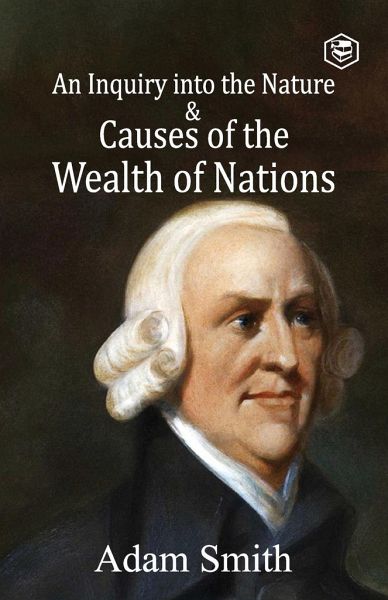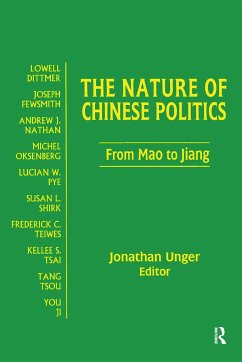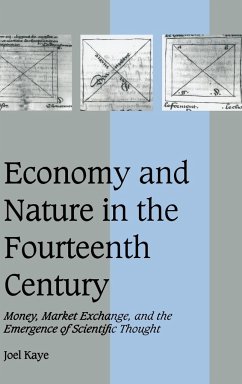
An Inquiry into the Nature and Causes of the Wealth of Nations
Versandkostenfrei!
Versandfertig in 1-2 Wochen
43,99 €
inkl. MwSt.

PAYBACK Punkte
22 °P sammeln!
First published in 1776, the year in which the American Revolution officially began, Smith's Wealth of Nations sparked a revolution of its own. The book offers one of the world's first collected descriptions of what builds nations' wealth and is today a fundamental work in classical economics. Right from examining the division of labour, the origin and use of money and the division of stock, to the rise and progress of cities and towns after the fall of the Roman Empire, the systems of political economy and the taxes on various private revenues, Adam Smith's The Wealth of Nations provides an e...
First published in 1776, the year in which the American Revolution officially began, Smith's Wealth of Nations sparked a revolution of its own. The book offers one of the world's first collected descriptions of what builds nations' wealth and is today a fundamental work in classical economics. Right from examining the division of labour, the origin and use of money and the division of stock, to the rise and progress of cities and towns after the fall of the Roman Empire, the systems of political economy and the taxes on various private revenues, Adam Smith's The Wealth of Nations provides an extensive assessment of the creation of a nation's wealth. The book was a landmark work in the history and economics as it was comprehensive and an accurate characterization of the economic mechanisms at work in modern economics. Smith believed in a Meritocracy. Smith emphasized the advancement that one could take based on their will to better themselves. This is simply one of the most important books ever written on the subject of economics. Laying the foundation of classical political economy, this magnum opus is considered one of the best non-fiction books of all time. More than two centuries after its first publication in 1776, The Wealth of Nations continues to remain as influential as ever.












